
Schizophrenia and bipolar disorder are among the most serious psychiatric disorders and play a disproportionate role among individuals who end up homeless, incarcerated, and who die by suicide. Why the lack of research?

Schizophrenia and bipolar disorder are among the most serious psychiatric disorders and play a disproportionate role among individuals who end up homeless, incarcerated, and who die by suicide. Why the lack of research?

Parkinson disease psychosis is associated with worsening quality of life, greater caregiver distress, higher rates of institutionalization, increased mortality, and greater health care costs. The authors explore medical, psychosocial, and psychological factors associated with PD psychosis.
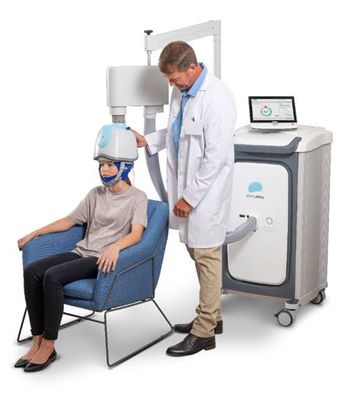
As our understanding of the neurobiology of OCD grows, additional treatment options become available and should be thoughtfully integrated into the treatment algorithm. One such option is dTMS.

How effective is deep brain stimulation for treatment-resistant depression? Take the quiz.

As the evidence base grows and patients continue to demand better options, barriers will be lifted and neuromodulation will occupy a larger role in the psychiatric toolbox.

Bullying and aggression, evasiveness and avoidance of responsibilities, and impulsivity and stealing-if these behaviors persist, the brain may hold the key in future studies.
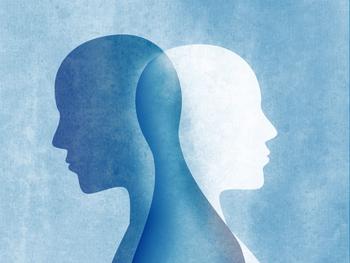
Do you need help persuading patients to try lithium?
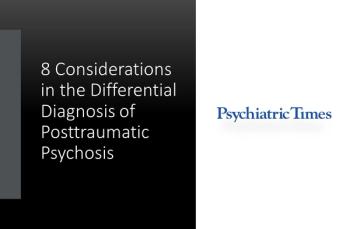
Following TBI, cognitive deficits, comorbid medical and neurological problems, as well as complex pharmacotherapeutic needs and sensitivities frequently complicate evaluation and treatment of psychosis in this population.
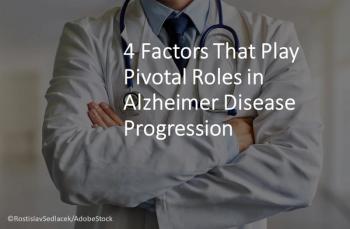
At present there are no treatments to stop or delay underlying disease progression. Current prevalent therapies help to mask the symptoms, but they do not solve underlying causes. A fundamental premise for effective treatment is to make a diagnosis of Alzheimer disease at the earliest stage.
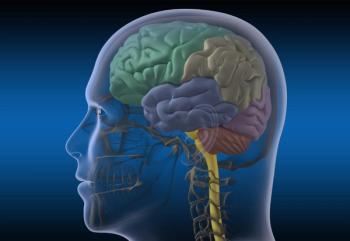
This article broadly reviews the pathophysiology of the most common forms of autoimmune encephalitis and provides guidelines tailored toward mental health professionals to best identify and manage these rare but important causes of neuropsychiatric illness.
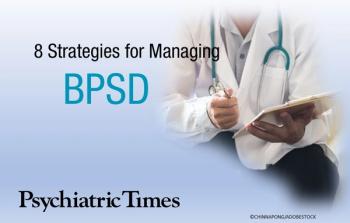
Recommendations for the use of antipsychotics for the management of behavioral and psychological symptoms of dementia.
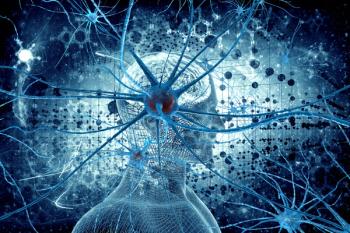
It is crucial for practicing psychiatrists to consider that Alzheimer disease can be aggravated by infections of different origin.
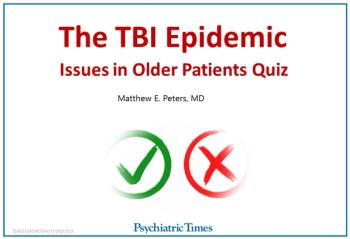
Traumatic brain injury in older adults is a rising epidemic. Test your knowledge on the issues facing your patients.
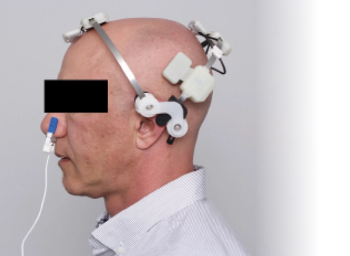
In light of recent failed trials, why would another trial by a small Canadian company be expected to succeed against the odds?
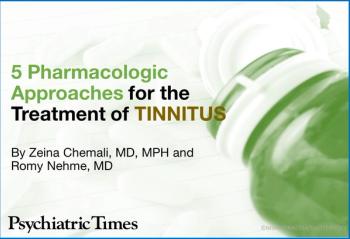
Tinnitus affects 50 million people in the US and can require urgent medical assistance. It can also cause considerable anxiety and even hallucinations. Reducing symptom intensity is key.

Most drugs, after journeying through the various metabolic systems throughout the body, find their exit.
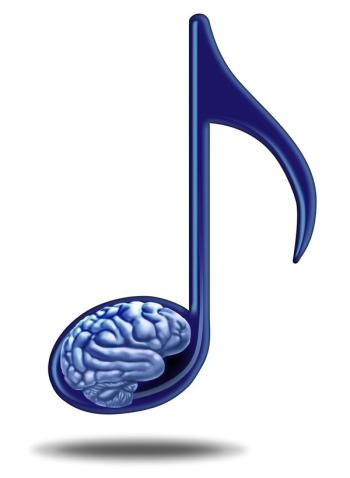
Dysdiadochokinesia was a hard word to remember-and an impossible one to forget.
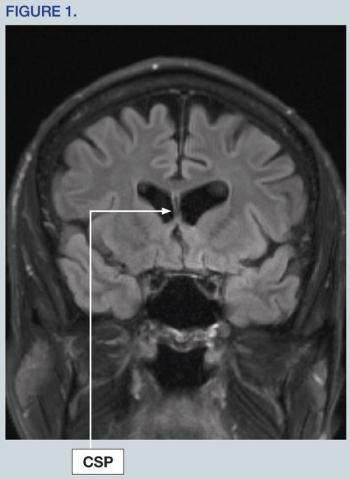
The collective awareness of this devastating neurodegenerative disease will likely result in intensifying efforts to improve our understanding of disease pathology as well as exploring potentially a promising therapeutic regimen.

The aim of this article is to show that tinnitus is secondary to an aberrant brain-ear circuitry affected by disorders such as mood, anxiety, and alcohol and substance abuse as well as executive dysfunction, migraine, sleep and stress. By treating these comorbidities, tinnitus tends to improve.
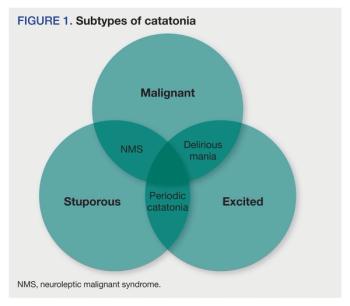
What is the best treatment for malignant catatonia, which is characterized by catatonic symptoms plus fever and hyperautonomia and is associated with significant morbidity and mortality? Take the quiz.
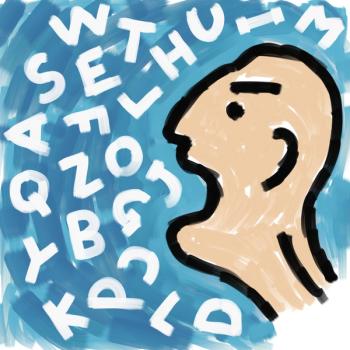
What is the role of psychological and neuropsychological assessment on a patient’s neuropsychiatric status?

As a neuropsychiatric and general medical syndrome, catatonia represents an important diagnostic and treatment challenge for all clinicians given its morbidity and mortality.
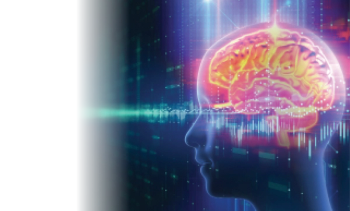
As we discover new diseases of the brain that present with psychiatric symptoms, it remains incumbent upon us to remember the experience of patients and their families in the context of society at large.
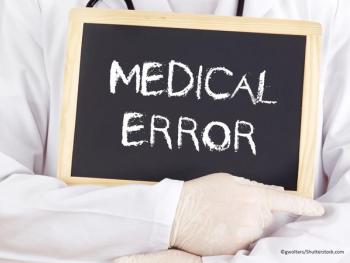
While the process of diagnosing is common to all fields of medicine, this article specifically addresses missed “medical” diagnoses in patients who present to or are being followed by psychiatrists and other mental health clinicians.
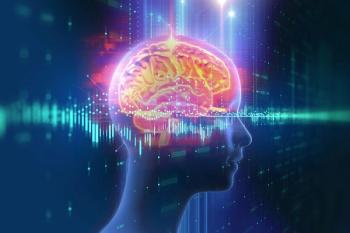
DSM-5 categorizes PNES as a functional neurological disorder or conversion disorder with seizures. It is essential that neurologists, psychiatrists, and other clinicians coordinate care to ensure that patients with PNES receive a prompt diagnosis.